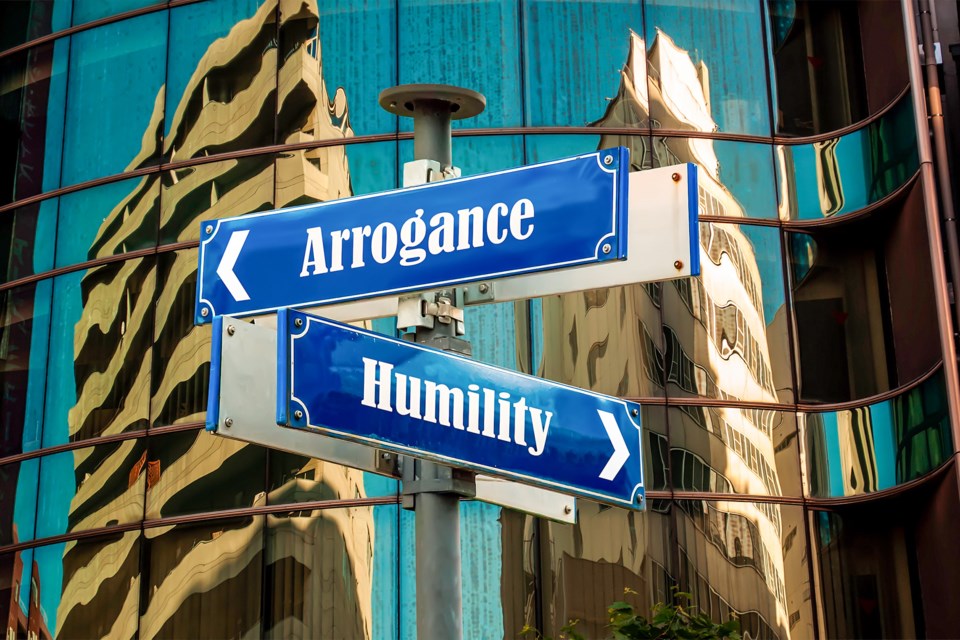Back in May, a woman in her late 40s came to see me and told me she wanted to die. Long pause. What? What! Yes, she told me she wanted to die. The issue she wanted to discuss was assisted death, or MAID—Medical Assistance in Dying— and the woman (I can’t use real name for obvious reasons) felt that life was simply too dark, jarring, and pointless to tolerate. She’d thought about it for some time and just wanted it all to be over.
Her husband had left her some years ago, her family had been physically and emotionally abusive and she had no contact with them whatsoever, she was unable to find a job, she lived in sub-standard housing and seldom slept through the night because of the noise, and she had mental health challenges and lived in an area as part of a medical system where finding a psychiatrist was almost impossible. She saw no hope of happiness and only a life of further agony. She wished there was an alternative but she couldn’t think of one.
It’s a situation more common than you might think.
It’s surprising, and immensely humbling, to see how people who have shown little if any interest in faith and religion turn to clergy in times of immense distress. The woman in question hadn’t been in a church in years and had no religious beliefs. This was the third time in four years that someone had approached me to discuss the issue. In one of them death was imminent, and the other concerned long-term depression. The first passed away before a decision could be made, the second I lost contact with.
The requirements for MAID are currently under further discussion, thank God. I believe that there should be such an option for those in ceaseless pain and suffering with no chance of improvement, or those facing death who want to leave on their own terms and surrounded by family. But the controls must be severe and strict, and access fiercely controlled.
In this case I explained that I wasn’t qualified to give advice, and urged more consultation with doctors and experts. Been done, she said. As well as repeated attempts to find better housing, any sort of work, or a hospital where she could receive regular care.
Here’s where we allegedly irrelevant clergy can help. We can listen, and we can point out possibilities. I’ve no special skills, and have more than enough of my own demons, but I’ve gotten to know the system and often how to open closed doors. Relationships have been formed, and trust built.
We found someone who would employ her, albeit at minimum wage, there was a genuinely kind if overworked local authority manager who could make sure housing was improved, and a doctor who is one of the saintliest people I know (a committed atheist by the way) who agreed to take her on immediately for regular consultation.
Was she serious in her talk of wanting to die? Yes, I think so. I’ve seen enough cries for help to know the real thing, and for the time being at least, the struggle to find peace will continue and a support mechanism in place. A group of us are there for her. Organized kindness, a society coming together to help the most vulnerable, the way it ought to be.
But this is only one person, and for major change to take place there has to be serious investment in the public sector. Which means spending money and raising taxes. There is simply no way that individual effort and personal compassion can ever be sufficient.
Yet some of the fiercest critics of assisted dying are conservatives whose politics include opposition to expanded welfare programs, and cynicism about the role of the state in public life. They argue against MAID while simultaneously objecting to the very policies vital to rejuvenating the health service and boosting social support. I too believe that life has innate dignity, but it’s too glib to offer mere phrases to those so deep in despair that they see death as preferable to existence.
The debate about assisted dying continues and eligibility in Canada is still under review. But the idea that we can come to a balanced and informed decision without considering how we treat and care for the most vulnerable is as deluded as it is dangerous. We can’t always heal but we can almost always help, if we have the will and are prepared to pay the price. Indifference just won’t do.
